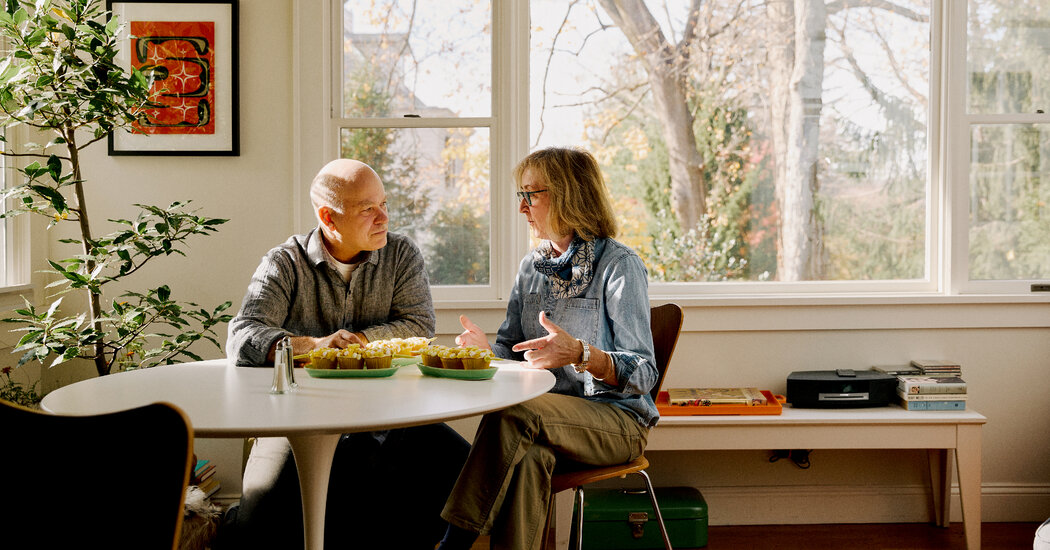
If the instructions are written with enough literary flourish, she said, they may be sufficiently creative to be copyrightable.
When the nation’s copyright law was first codified in 1790, cooking was seen as a woman’s domestic responsibility rather than as a professional activity, Ms. Hawkins said. Written recipes are a relatively new invention; many cultures passed down culinary traditions orally.
While the technology and music industries have pushed successfully to change copyright law in their fields, “there is not a big powerful lobby to push anything through for individual recipes,” she said.
As a result, some cookbook authors feel less willing to publish their treasured recipes.
“When you feel like your stories, your work, your investment ends up benefiting people who are already higher up in the hierarchy of fame, it tempts me to go to a place I don’t want to go, which is to hoard knowledge,” said Leela Punyaratabandhu, who has written three Southeast Asian cookbooks.
Ms. Punyaratabandhu said she felt more vulnerable to recipe theft as a Thai person documenting traditional Thai recipes. People see her as simply sharing long-held knowledge, she said, “although I spent the time and expense testing the recipes to come up with what I think is the best formula. My role has been reduced to just the translator.”
But when a white author develops Thai recipes, she said, “these people are considered scholars because they come from a different culture.” (On the other hand, they may be accused of another type of unethical borrowing — cultural appropriation.)
Recipes undergo “depersonalization” throughout the publishing process, she said, making it harder to argue that they should be protected. “The instructions have been standardized to the point where everyone is speaking the same voice,” she said.




